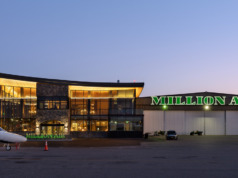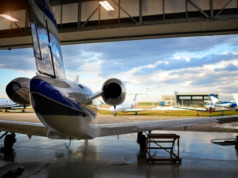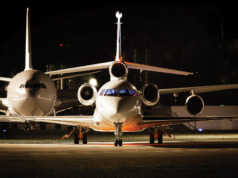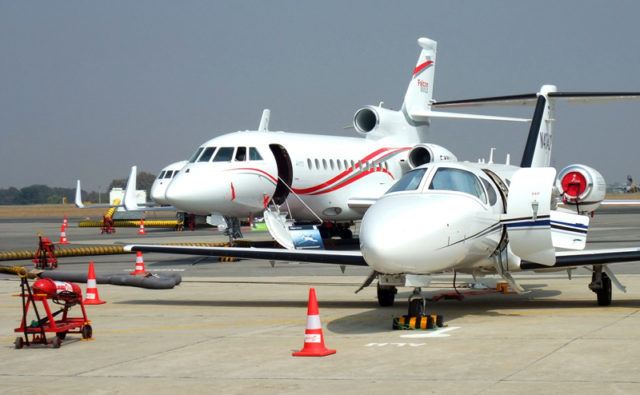
You trust your flight crew and aircraft technicians with your personal safety while airborne and with preserving the asset value of your aircraft in flight and on the ground. You also trust them to make sure that your aircraft receives proper ground handling, both at home and on the road. That’s important because without proper procedures in place a number of things could go wrong including:
- An untrained handler could back a tow or fuel truck into your aircraft;
- Unless someone is specifically assigned to watch your aircraft’s wings as it is being hangared, a winglet could strike a door; or
- A fueling accident could damage your aircraft and harm your crew.
Even one “ding” is blot on an aircraft’s damage record, something you can ill-afford in today’s resale market. Add to that the actual cost of repairs, including parts, labor, and ferrying your aircraft to the maintenance facility, as well as your insurance deductible, finance costs, and substitute lift while your aircraft is out of service. Factor in the disruption to your schedule, and you’ll want to be sure that your aircraft receives the highest quality ground handling.
At a recent industry event, a large group of aircraft operators was asked whether they regularly screened prospective Fixed Base Operators (FBOs) for safety, training, and quality management. Only three said “yes.” FBO owners report that most conversations with aircraft owners and operators revolve around fuel prices, services, and facilities. You probably assume that a focus on safety is a given – and usually, it is.
But how can you be sure that your aircraft will be treated properly on the road, without conducting an onsite inspection of each of your destination FBOs?
A growing number of FBOs worldwide recognize that investing in safety is as important to you, their customers, as the upgrades to their services and facilities, and have adopted the International Standard-Business Aircraft Handling (IS-BAH) and the National Air Transportation Association (NATA) Safety 1st program.

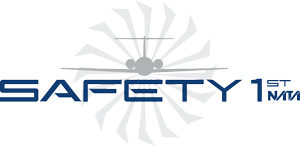
Together, IS-BAH and Safety 1st provide an efficient and effective way for your flight department or aircraft management company to assess your destination FBO’s commitment to ground handling safety. When your pilot or flight coordinator asks an FBO: “Are you IS-BAH registered and Safety 1st qualified?” it highlights the value that your flight operation places on safe ground handling and proper care of your aviation assets.
NATA’s online search tool allows owners and operators to quickly verify an FBO’s IS-BAH and Safety 1st status. The FBO Status Map displays every IS-BAH registered and Safety 1st qualified FBO globally, and allow operators to search by airport code, city, or FBO name.
You have a tremendous influence in how FBOs view and invest in safety.
Continuing advancement of ground handling safety is best achieved in partnership with FBOs, your aircraft operation, and you. BAA
Michael France is the Managing Director of Safety & Training at the National Air Transportation Association and has more than 15 years of experience in FBO safety and training.


